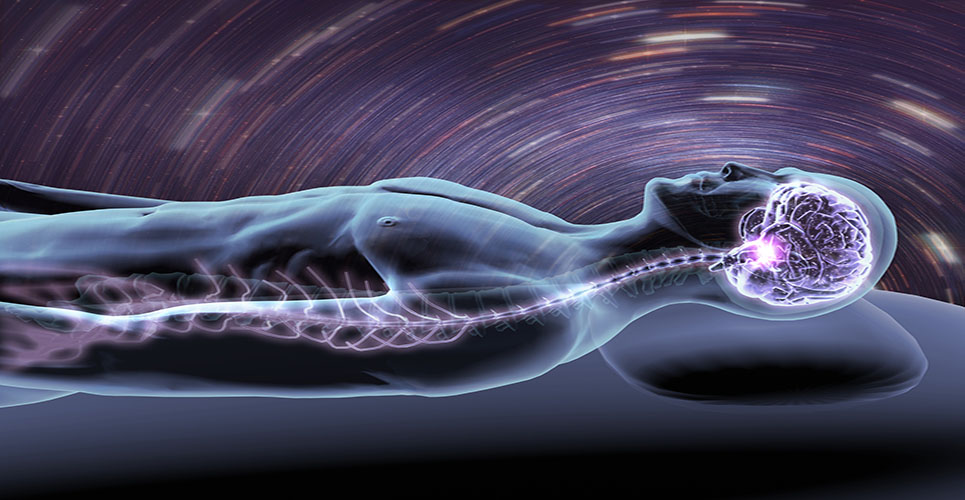teaser
Data presented at the American Academy of Neurology (AAN) annual meeting add to the accumulating evidence of the positive benefit/risk profile of Gilenia, a potential first-in-class, once-daily oral therapy for relapsing forms of multiple sclerosis (MS).
Data from the two-year FREEDOMS study showed that Gilenia 0.5 mg reduced annual relapse rates (ARR) by 62% for treatment naïve patients compared to placebo. For patients previously receiving other treatments, the annual relapse rates were reduced by 44%. In addition, at two years Gilenia delayed the progression of disability by 30% for patients on 0.5 mg compared to placebo.
“These findings reinforce the potential for Gilenia to be a breakthrough therapy option for physicians and people with relapsing forms of MS,” said Trevor Mundel, MD, Global Head of Development at Novartis Pharma AG. “The data demonstrate the effectiveness of Gilenia irrespective of treatment history, and further support both the sustained efficacy of Gilenia over two years and the potential benefits of switching from interferon beta-1a, a currently approved MS therapy, to Gilenia.”
Of the 1153 patients who participated in the one-year TRANSFORMS study, 1027 (89%) elected to enter the one-year extension study. Patients in the extension study who also received Gilenia in the core study remained on their original dose (0.5 mg or 1.25 mg), while patients who had received intramuscular interferon beta-1a (Avonex) were randomised to receive Gilenia 0.5 mg or 1.25 mg.
Patients who received Gilenia 0.5 mg for two years experienced a consistently low ARR at year one (0.16) and at year two (0.18). These patients also retained a significant reduction in relapses and MRI brain lesions over two years compared to the group originally randomised to intramuscular interferon beta-1a and later switched to Gilenia.
In the subset of patients who received intramuscular interferon beta-1a during year one and Gilenia 0.5 mg during year two, the annual relapse rate in year two was reduced by 31% and the number of new or newly enlarged T2 lesions in the brain, a marker of disease activity, was reduced by 67% in the second year.
The safety profile of Gilenia has been well studied in one of the largest-ever Phase III clinical trial programs conducted in MS. The full program, including completed as well as on-going studies in MS, now has more than 6600 patient years of experience, with some patients now in their sixth year of treatment.
To find out more, please click on the link below:
